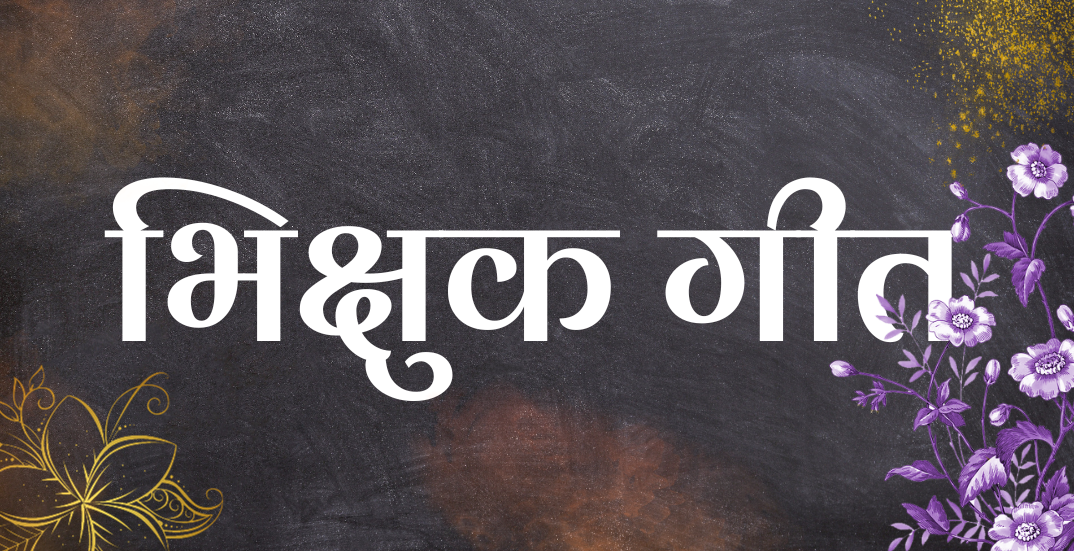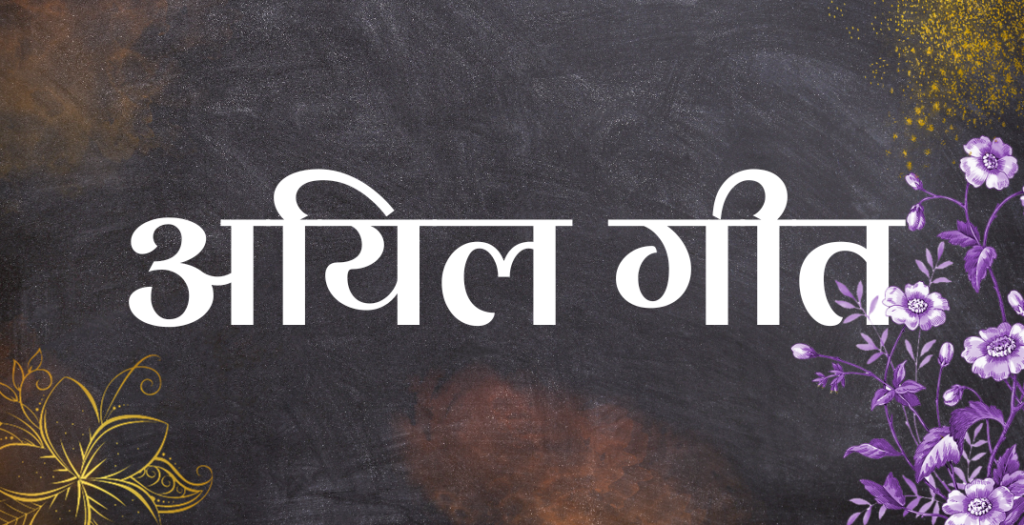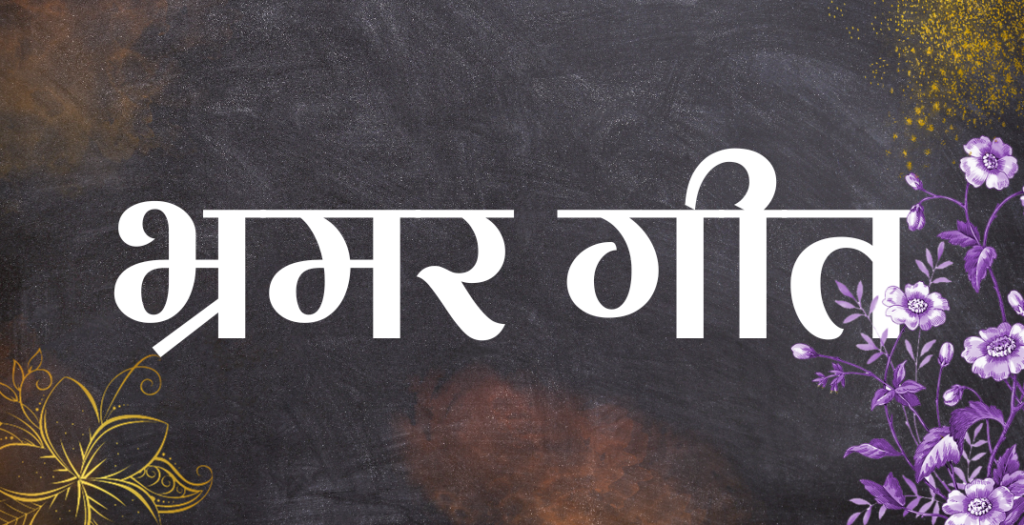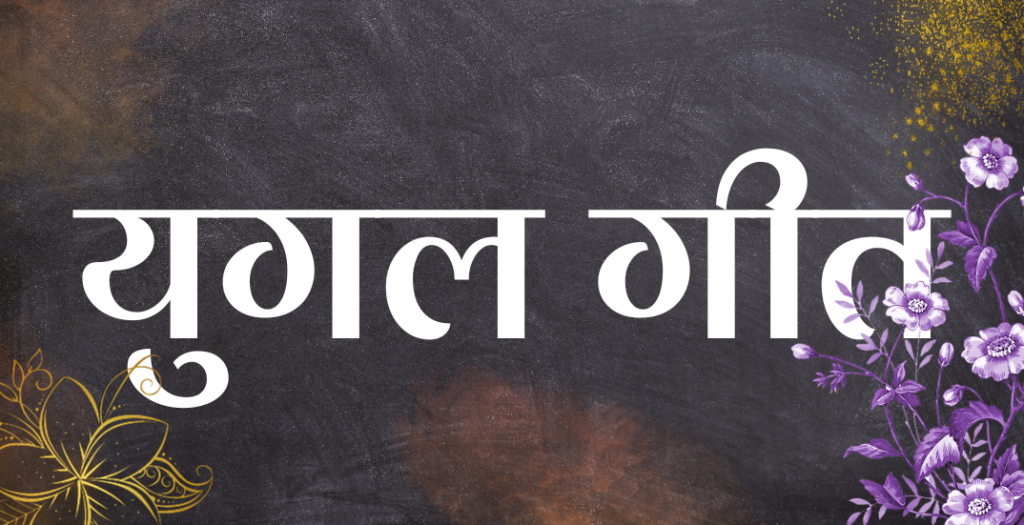The description of the Bhikshu Geet is given in the 23rd Chapter of the 11th Canto of Bhagwat Mahapurana.
The harsh words of evil people are more piercing than arrows. Still, a saintly Brahmin of Avanti city, despite being harassed by evil men, continued to bear this trouble with great seriousness, considering it to be the result of his past deeds. In his previous birth, that Brahmin was a farmer and businessman. He was extremely greedy, stingy and angry.
As a result, his wife, sons, daughters, all his relatives and servants were deprived of all kinds of pleasures, so they gradually started behaving badly towards him. With the passage of time, thieves, family members and fate took away all his wealth. Finding himself devoid of property and abandoned by everyone, that person felt an intense feeling of renunciation.
He thought about how much effort, fear, worry and anxiety one has to face in accumulating wealth and keeping it safe. Fifteen types of undesirable things arise due to wealth – theft, violence, lies, deception, lust, anger, pride, fever, disagreement, hatred, distrust, fighting, attachment to women, gambling and intoxication.
When this thought came to his heart, he felt that Lord Shri Hari was pleased with him. He realized that this seemingly adverse incident had happened in his life only because God was pleased.
He was grateful that detachment had arisen in his heart and he considered it to be the true means of salvation for his soul. In this state, he decided to devote the rest of his life to the worship of Lord Hari and took Tridandi Sannyasa.
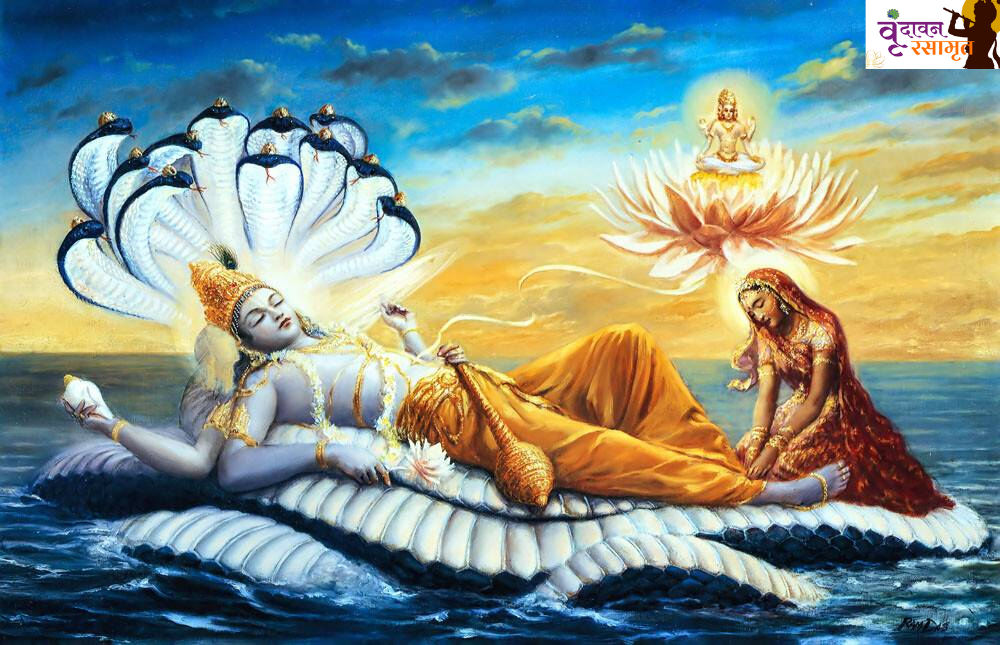
Later he went from village to village to beg, but people kept harassing him. He remained steadfast like a mountain and endured everything. While remaining steadfast in his chosen yoga method, he used to sing a song, which is famous by the name of Bhikshugeet.
Neither mortal beings, gods, souls, planets, results of karma, nor time are the cause of anyone’s happiness and sorrow. Rather, the mind is their cause because the mind keeps the soul revolving in the cycle of material life.
The real purpose of all charity, religion etc. is to control the mind. A person who has controlled his mind in meditation does not need to adopt any of these other methods. These are useless for a person who cannot steady his mind.
The false sense of material ego binds the divine soul to material sense objects. Therefore the Avanti Brahmin resolved to cross the insurmountable ocean of existence by serving the lotus feet of Lord Mukunda with the full devotion shown by the former devotees of the Lord. Only when man concentrates his intellect on the lotus feet of the Lord can the mind be completely controlled.
This is the essence of all practical tricks for spiritual progress.
The Bhikshuk Geet starts here:
द्विज उवाच
नायं जनो मे सुखदुःखहेतु-
र्न देवतात्मा ग्रहकर्मकालाः ।
मनः परं कारणमामनन्ति
संसारचक्रं परिवर्तयेद्यत् ॥ ४२ ॥
The Brahmin said: Neither these people are the cause of my happiness and sorrow, nor the gods, my body, the planets, my past actions or time. Rather, it is the mind alone, which is the cause of happiness and sorrow, which continuously rotates the material life.
मनो गुणान्वै सृजते बलीय-
स्ततश्च कर्माणि विलक्षणानि ।
शुक्लानि कृष्णान्यथ लोहितानि
तेभ्यः सवर्णाः सृतयो भवन्ति ॥ ४३ ॥
A powerful mind activates the physical qualities, due to which various types of physical activities related to sato, tamo and rajoguna develop. Actions having each of these qualities produce corresponding life conditions (motions).
अनीह आत्मा मनसा समीहता
हिरण्मयो मत्सख उद्विचष्टे ।
मनः स्वलिङ्गं परिगृह्य कामान्
जुषन्निबद्धो गुणसङ्गतोऽसौ ॥ ४४ ॥
Although God is present within the physical body with the struggling mind, He does not make efforts (remains inactive) because He is already coordinated with the divine light. He merely acts as a witness from his divine position, acting like my friend. On the other hand, I have adopted this mind in the form of a very subtle soul which is a mirror reflecting the image of the material world. In this way I am engaged in enjoying the objects of the senses and am bound by contact with the qualities of nature.
दानं स्वधर्मो नियमो यमश्च
श्रुतं च कर्माणि च सद्व्रतानि ।
सर्वे मनोनिग्रहलक्षणान्ताः
परो हि योगो मनसः समाधिः ॥ ४५ ॥
Charity, Dharma, Yama and Niyama, listening to the scriptures, virtuous deeds and purifying fasts – the ultimate goal of all these is the suppression of the mind. Undoubtedly, concentration of mind on Brahman is the highest yoga.
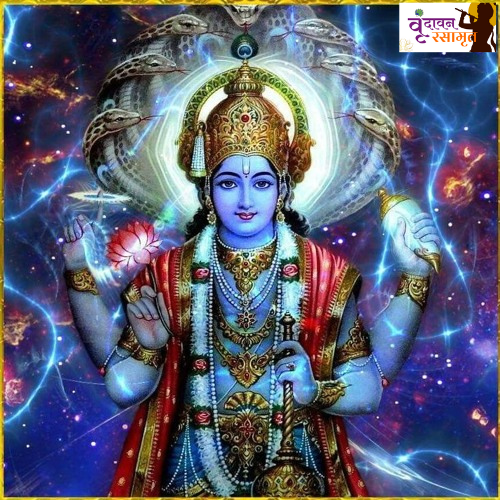
समाहितं यस्य मनः प्रशान्तं
दानादिभिः किं वद तस्य कृत्यम् ।
असंयतं यस्य मनो विनश्यद्
दानादिभिश्चेदपरं किमेभिः ॥ ४६ ॥
If someone’s mind is completely stable and peaceful, then tell me what is the need for a person to do ritualistic donations and other virtuous deeds? And if someone’s mind remains uncontrolled, immersed in ignorance, then what is the benefit of these activities for him?
मनोवशेऽन्ये ह्यभवन्स्म देवा
मनश्च नान्यस्य वशं समेति ।
भीष्मो हि देवः सहसः सहीयान्
युञ्ज्याद्वशे तं स हि देवदेवः ॥ ४७ ॥
All the senses have been under the control of the mind since eternity and the mind never comes under the influence of anyone else. He is stronger than the strong and his godlike power is terrifying. Therefore, one who can control his mind, becomes the master of all the senses.
तम्दुर्जयं शत्रुमसह्यवेग-
मरुन्तुदं तन्न विजित्य केचित् ।
कुर्वन्त्यसद्विग्रहमत्र मर्त्यै-
र्मित्राण्युदासीनरिपून्विमूढाः ॥ ४८ ॥
Many people, when they are unable to conquer this formidable enemy of the mind, whose ferocity is unbearable and which torments the heart, become completely disillusioned and unnecessarily quarrel with others. In this way they come to the conclusion that other people are either their friends or their enemies or are indifferent to them.
देहं मनोमात्रमिमं गृहीत्वा
माहमित्यन्धधियो मनुष्याः ।
एषोऽहमन्योऽयमिति भ्रमेण
दुरन्तपारे तमसि भ्रमन्ति ॥ ४९ ॥
Those who identify themselves with this body, which is the product of the material mind, have their intelligence killed and think in terms of “I” and “mine.” Because of their illusion that, “This is me but he is someone else”, they keep wandering in eternal darkness.
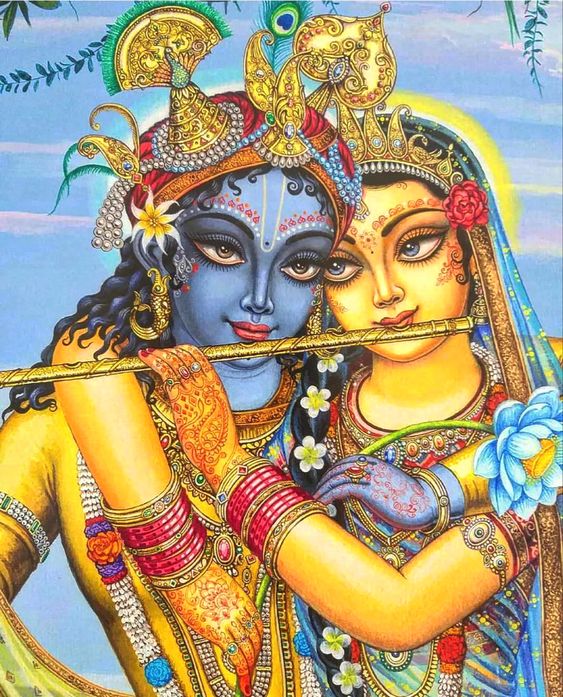
जनस्तु हेतुः सुखदुःखयोश्चेत्
किमात्मनश्चात्र हि भौमयोस्तत् ।
जिह्वां क्वचित्सन्दशति स्वदद्भि-
स्तद्वेदनायां कतमाय कुप्येत् ॥ ५० ॥
If you say that these people are the cause of my happiness and sorrow, then where is there room for the soul if you have such a belief? This happiness and sorrow is not of the soul but of the interactions of physical bodies. If a person bites his tongue with his own teeth, then at whom should he be angry for his pain?
दुःखस्य हेतुर्यदि देवतास्तु
किमात्मनस्तत्र विकारयोस्तत् ।
यदङ्गमङ्गेन निहन्यते क्वचित्
क्रुध्येत कस्मै पुरुषः स्वदेहे ॥ ५१ ॥
Even if you say that the deity who presides over the physical senses is the giver of sorrow, how can such sorrow apply to the soul? Doing this work and being affected by it is merely the interaction of the changing senses and their presiding deities. If any part of the body attacks another part, then on whom should the person holding that body get angry?
आत्मा यदि स्यात्सुखदुःखहेतुः
किमन्यतस्तत्र निजस्वभावः ।
न ह्यात्मनोऽन्यद्यदि तन्मृषा स्यात्
क्रुध्येत कस्मान्न सुखं न दुःखम् ॥५२॥
If the soul itself were the cause of happiness and sorrow, then we would not be able to blame others, because then happiness and sorrow would be the nature of the soul. According to this belief, nothing else exists apart from the soul and if we had to experience anything other than the soul, it would be delusion. Therefore, why should anyone be angry at himself or others because according to this belief, happiness and sorrow do not actually exist.

ग्रहा निमित्तं सुखदुःखयोश्चेत्
किमात्मनोऽजस्य जनस्य ते वै ।
ग्रहैग्रहस्यैव वदन्ति पीडां
क्रुध्येत कस्मै पुरुषस्ततोऽन्यः ॥ ५३ ॥
And if we examine the concept that the planets are the immediate causes of happiness and sorrow, then where is its relation with the eternal soul? After all, planets affect only those things that have already been born. Apart from this, skilled astrologers have explained how different planets only cause pain to each other. Therefore, on whom should the living being, who is separate from these planets and the body, express his anger?
कर्मास्तु हेतुः सुखदुःखयोश्चेत्
किमात्मनस्तद्धि जादाजडत्वे ।
देहस्त्वचित्पुरुषोऽयं सुपर्णः
क्रुध्येत कस्मै न हि कर्म मूलम् ॥५४॥
Even if we accept that fruitful actions are the cause of happiness and sorrow, we do not talk about the soul. The sense of material karma arises when there is an animate being and a material body, which receives the disorders of happiness and sorrow as the result of such karma. Since there is no life in the body, it cannot be the real recipient of happiness and sorrow except the soul which is ultimately completely spiritual and remains separate from the body. Since karma has no ultimate basis either on the body or on the soul, then whom should one be angry at?
कालस्तु हेतुः सुखदुःखयोश्चेत्
किमात्मनस्तत्र तदात्मकोऽसौ ।
नाग्नेर्हि तापो न हिमस्य तत्स्यात्
क्रुध्येत कस्मै न परस्य द्वन्द्वम् ॥५५॥
Even if we accept time as the cause of happiness and sorrow, this experience cannot be applied to the soul because time is the expression of the spiritual power of God and the living beings are also part of the same power, which is manifested through time. It is certain that fire does not burn its flame or sparks, nor does cold in its own form harm hail. In fact, the soul is divine and beyond the experience of physical happiness and sorrow. Therefore, on whom should one express anger?
न केनचित्क्वापि कथञ्चनास्य
द्वन्द्वोपरागः परतः परस्य ।
यथाहमः संसृतिरूपिणः स्या-
देवं प्रबुद्धो न बिभेति भूतैः ॥ ५६ ॥
The false ego gives form to the illusory world and thus experiences material happiness and sorrow. But the soul is beyond physical nature. He is not affected by material happiness and sorrow in any place, in any condition or through any person. One who understands this has nothing to fear from the material creation.
एतां स आस्थाय परात्मनिष्ठा-
मध्यासितां पूर्वतमैर्महर्षिभिः ।
अहं तरिष्यामि दुरन्तपारं
तमो मुकुन्दाङ्घ्रिनिषेवयैव ॥ ५७ ॥
I will cross the insurmountable ocean of ignorance by remaining steadfast in the service of Krishna’s lotus feet. This has been confirmed by the previous Acharyas, who were steadfast in their devotion to the Supreme Soul.
Conclusion
Singing and understanding this Bhikshuk Geet brings out a feeling of detachment in the mind.
You can enjoy this song with devotion and for this, we have made a PDF version of this song which you can download and sing it every day.
Download Bhramar Geet With Lyrics (PDF)
At the end of this article, we have also included a link to the video from which you can listen to the description of the Bhikshuk Geet in the voice of Shri Indresh Upadhyayji (Vyas for Youth).
We have also written detailed articles on Gopi Geet, Rudra Geet, Venu Geet, Yugal Geet, Ayil Geet and Bhramar Geet mentioned in Bhagwat, which is definitely worth reading on vrindavan rasamrit
Witness the visual poetry of Radha and Krishna’s affection in our image collection here, capturing moments of their celestial saga.

